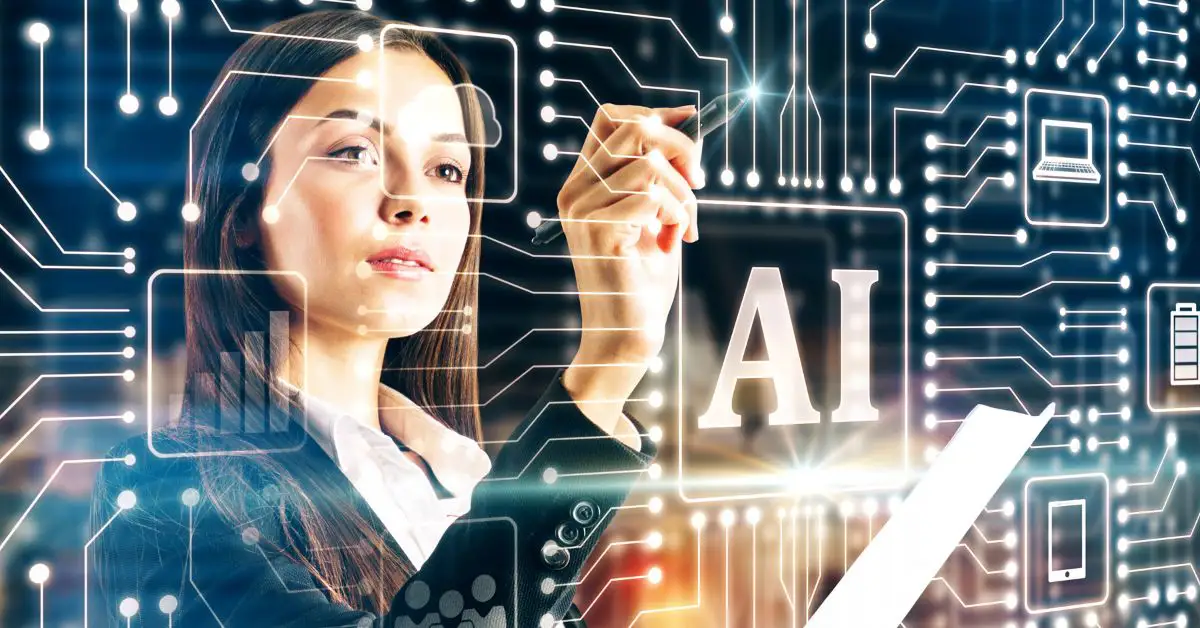The landscape of professional roles is undeniably shifting due to the influence of artificial intelligence. While tech experts are adapting to these changes, the implications for business leaders and professionals remain ambiguous, with mixed signals about job displacement and the potential takeover of decision-making roles.
Rakesh Kochhar’s analysis from Pew Research indicates that AI, especially advanced forms like generative AI, will significantly affect managerial and professional roles. He notes, “Higher education and analytical abilities are beneficial in jobs that are heavily influenced by AI. For instance, 27% of those with a bachelor’s degree are exposed to AI, compared to only 12% of those with just a high school diploma.”
Interestingly, the Pew research also found that professionals in sectors heavily influenced by AI are optimistic about their job security. For example, “32% of IT professionals believe AI will be more beneficial than detrimental to their roles, while only 11% think the opposite.”
Vittorio Cretella, Procter & Gamble’s CIO, views AI as an enhancer of human capabilities rather than a replacement. He believes that while AI will redefine our work nature, it will complement human abilities. “The digital era requires employees who are innovative and can synergize with technology,” he states.
Cretella emphasizes that AI’s influence will be organization-wide, affecting more than just specialized roles like data scientists. “Almost every employee will need to adapt to collaborating with AI systems, drawing insights, and considering suggestions that might differ from their past experiences.”
For business leaders, the AI-driven era demands a renewed focus on “employee development and integrating core competencies like data analytics,” says Cretella. Leaders must strike a balance, fostering a culture that merges human and machine strengths, promotes continuous learning, and leverages AI for better business results.
Cretella believes that when used effectively, AI will enhance rather than replace human skills. He lists “innovation, critical analysis, empathy, and teamwork” as essential human-centric skills in this new era.
He further highlights the human edge in problem-solving. “Before jumping to algorithmic solutions, it’s crucial to break down a problem, ask the right questions, and recognize patterns. This requires leaders and teams to be inquisitive and invest time in understanding issues.”
P&G’s strategy, as Cretella explains, is to “begin with the end goal in mind, whether it’s optimizing media exposure, enhancing product quality, or designing the best shopping experience.” The focus should be on “formulating hypotheses, being eager to delve into data, and harnessing AI’s power for solutions.”
In the end, human curiosity and understanding of human needs remain paramount in our competitive world. Cretella concludes, “Mere technology doesn’t drive change – people do. The next generation of business leaders will be those who are AI-literate, unbiased, and know how to harness data and machine learning to its fullest potential.”

